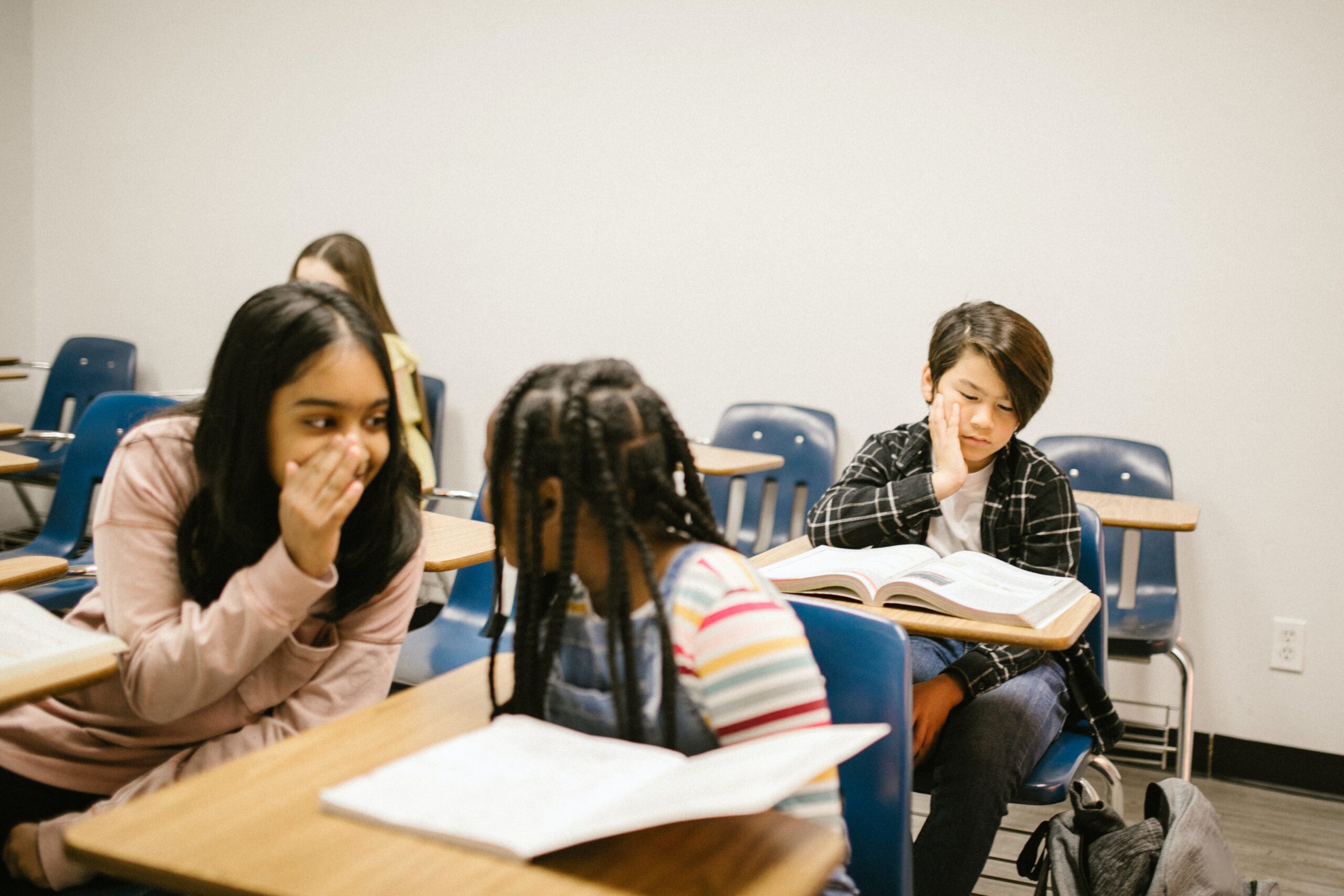Lack of jobs, poor quality of education, easier loans drive students overseas
In January, the University Grants Commission announced that foreign universities can henceforth set up their own campuses in India. The move was projected as a game changer for the Indian education sector, saying that by bringing foreign universities to India, students would no longer need to go overseas for studies.
Indeed, India is one of the biggest markets for most universities around the world. India is second only to China, with over 1.09 million Indian students studying in 85 countries. And this number has been rising over the years.
Statistics recently released by the government in the Parliament said that the number of Indian students traveling overseas for higher studies in 2022 stood at 750,365 students, a rise of 69 pc over 444,553 students who left in 2021.
This exponential rise was caused by a number of factors. One of the primary causes is that the movement of students was almost entirely paralysed during the Covid-19 pandemic and it has led to a huge pent-up demand which is coming through now. But analysts say that the surge is not only because of the pandemic surge. Data reveals that over the years, the number of students travelling abroad for education has increased dramatically.
The numbers from 2022 were significantly higher than the data from the last 10 years. According to a news report, the number of students who pursued higher education abroad was 454,009 in 2017, which increased to 517,998 in 2018 and further to 586,337 in 2019. However, due to the Covid-19 pandemic, the figure decreased by 50 pc, with only 259,655 students studying abroad in 2020, before surging back 750,365 students in 2022.
Analysts say that the number is set to almost double by next year. A report by Red Seer Strategic Consultants in Bengaluru predicts that the number of Indian students electing to study overseas will reach 1.8 million by 2024.
According to statistics, most of the students studying overseas hail from from Andhra Pradesh, Punjab, and Maharashtra study abroad. These three states are among the richest in India and are thus likely to have a strong understanding of the advantages of studying overseas.
Punjab, which has one of the highest immigration rates in India, has a culture of youth going abroad for higher studies, so much so that it has seeped into the Punjabi music industry. For instance, Canada Canada and the UK UK Jaana UK are amongst some of the popular Punjabi tracks that highlight this culture of going abroad.
Experts say that there are several reasons why Indian students head overseas. One is the stiff competition in most good quality universities, while another is the high fees and poor quality of education imparted in most educational institutions. Also, for most Indians, studying abroad is a matter of privilege and prestige in society, and it has been this way since colonial times.
‘‘In my town back in India, people consider me a top-notch medical practitioner. Even though medical practice in India is more valued, if people know that you studied abroad, they treat you with a different level of respect,’’ Alim Khan, a 25-year-old MBBS student at the Northern State Medical University in Arkhangelsk, Russia, tells Media India Group.
“Students who study medicine in countries like Russia, Ukraine, or Bangladesh are the ones who could not get admission in top government colleges but found private universities too expensive,” Khan adds.
Many students pursue medicine in countries like Russia, Bangladesh, Ukraine, and Kazakhstan because some universities charge less than private universities in India. Last year, close to 17,000 students were rescued from war-torn Ukraine, while 7,000 students chose to stay back in the war-torn country and continue their studies, rather than returning to an uncertain future in India.
Studying overseas is not just about degrees but also, for many people, a stepping stone to migration. More and more students travel abroad to study since it increases their chances of finding employment and settling there. A poll by INTO University Partnerships found that 76 pc of Indian students are considering studying abroad with the intention of finding employment and relocating abroad once they have earned their foreign degree. “I have had the plan of settling here ever since I thought of coming to Russia. My decision boils down to several reasons like better healthcare, education, and opportunities,” Khan admits.
It becomes easier for Indian and other foreign students, since some countries offer post-study work visas that allow international students to work in the country for a period of time after graduation. This can be a valuable opportunity to gain work experience and build a career in the host country or even come back to a much better job in India than what they may have managed with an Indian degree.
“Right after the pandemic, we had hordes of students desperate to go abroad and study, travel restrictions were eased in many of these countries, like Australia, Canada, and the United Kingdom, and they were inviting students to recover from the economic impact of the pandemic,’’ Pramod Bisht, director of Education for the World, an agency which deals in foreign universities admission and study visas, tells Media India Group.
Bisht says that his company receives all kinds of students. “We get all sorts of students, some who have high aptitude want to shoot for the stars and go to universities like Cambridge and Harvard, while some simply want to go abroad and explore life there,” he adds.










